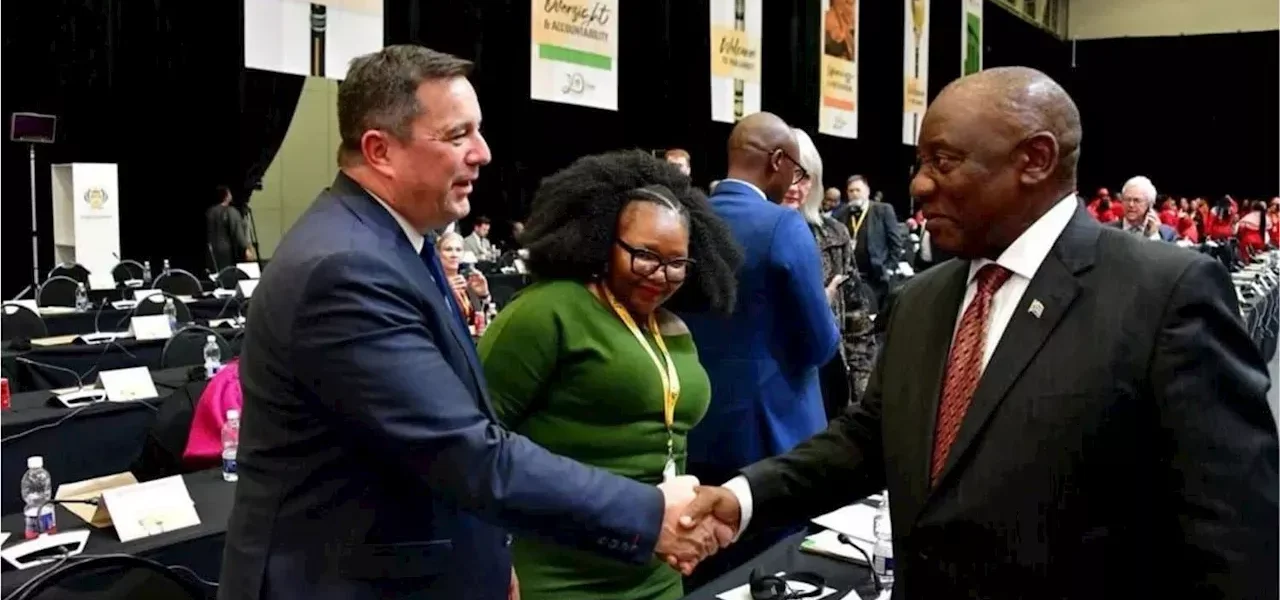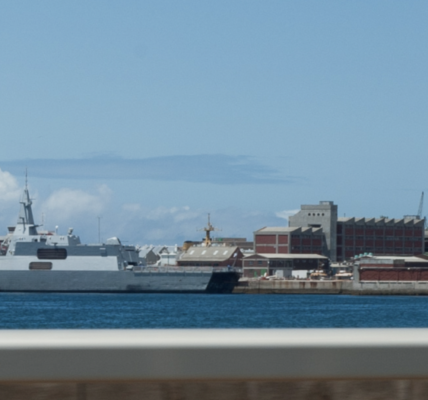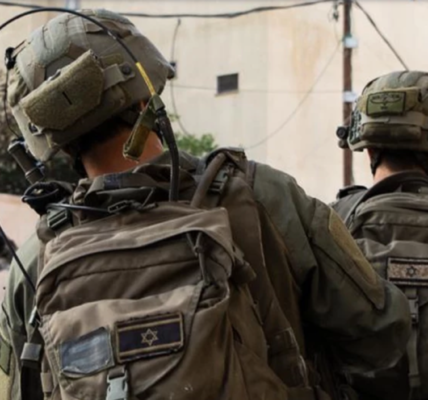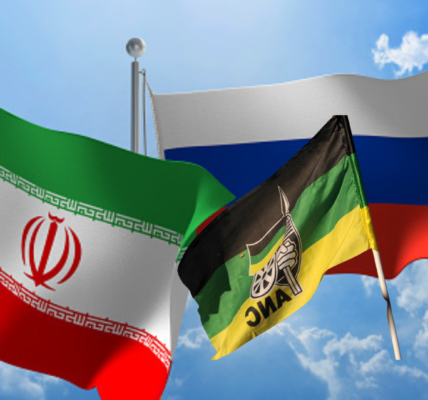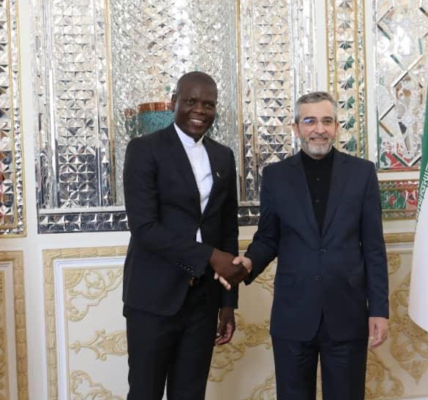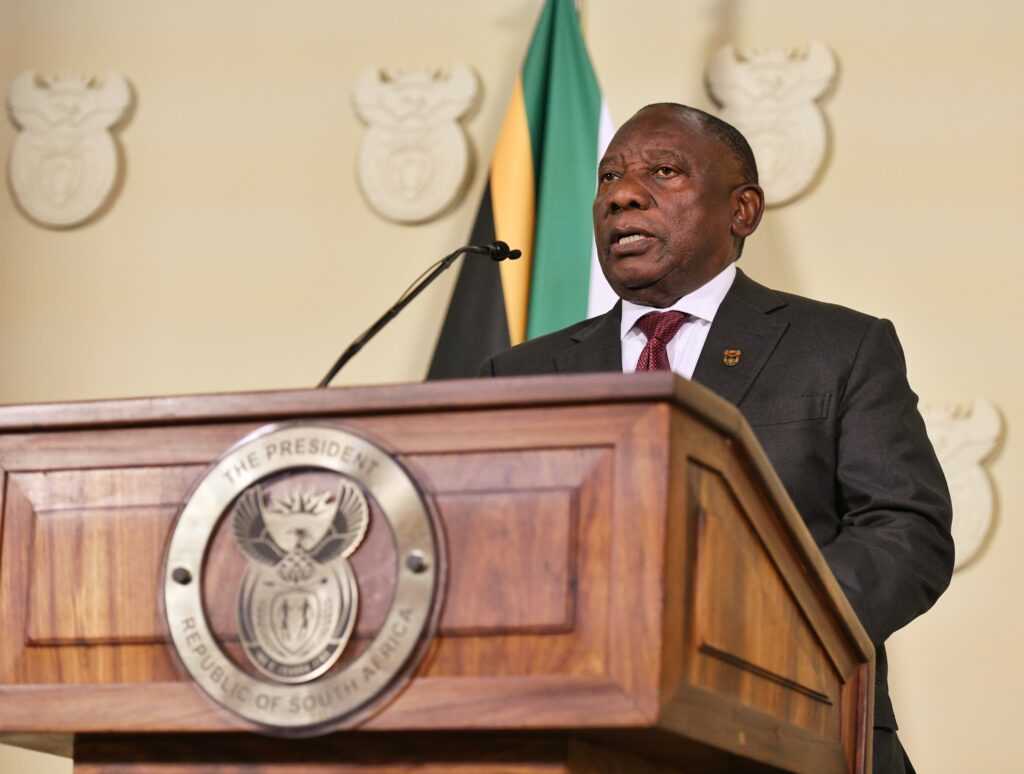
After weeks of negotiations following the African National Congress (ANC)’s loss of its majority in the May 29 elections, President Cyril Ramaphosa and opposition parties have agreed on a Government of National Unity (GNU) in South Africa. In a televised address last night, President Ramaphosa announced an expanded Cabinet to include representatives from eleven political parties in the GNU. The new Cabinet features checks and balances between the two largest parties, the ANC and the Democratic Alliance (DA), in the allocation of ministers and deputies according to political analyst Prof Theo Venter. Defence analyst and former DA Shadow Minister, Kobus Marais welcomed the appointment of General Bantu Holomisa of the United Democratic Movement as a deputy-minister of Defence.
The main opposition party, the DA, secured six of the 31 ministerial portfolios. The Inkatha Freedom Party (IFP) received two portfolios, while four other smaller parties each occupied one of the remaining posts. This centrist Cabinet is seen as more business-friendly and pro-reform. President Ramaphosa opted to exclude the two parties that split from the ANC, Julius Malema’s Economic Freedom Fighters (EFF) and the Umkhonto weSizwe party of former President Jacob Zuma, instead forming a coalition with more moderate, market-oriented parties.
Prof. Theo Venter, a political analyst from the University of Johannesburg, told National Security News that Ramaphosa achieved his goals in the negotiation process by retaining control of key ministries such as Foreign Affairs, Defence, and Police for the ANC. He noted that the Cabinet’s composition indicates a shift in ANC dynamics, with three ministers—Joe Phaahla, Sihle Zikalala, and Mondli Gungubele—demoted to deputy ministers.
He said the re-appointment of Gwede Mantashe as the Minister of Mining could be viewed as disappointing by the business community. However, Marais said the appointments of DA members to the Deputy Minister positions in Finance and Trade and Industry are seen as significant.
Despite earlier rumours suggesting Naledi Pandor would remain Foreign Minister, Ronald Lamola, former Minister of Justice, was appointed to the position. Lamola, who led the legal team arguing the genocide case against Israel at the International Court of Justice (ICJ), is expected to maintain South Africa’s stance in the Middle East conflict.
Prof. Venter highlighted that Ramaphosa’s structuring of the Cabinet, with DA deputy ministers in ANC-led ministries and vice versa, introduces a system of internal checks and balances. For instance, DA leader John Steenhuisen is the new Minister of Agriculture, with ANC’s Rosemary Nokuzola Capa of the ANC as his deputy. Similarly, Siviwe Gwarube from the DA is the Minister of Basic Education, with Reginah Mhaule from the ANC as his deputy. Enoch Godongwana remains Minister of Finance, now supported by two deputy ministers, including Ashor Sarupen from the DA.
Enormous expectations for new political leaders in military and defence Sectors
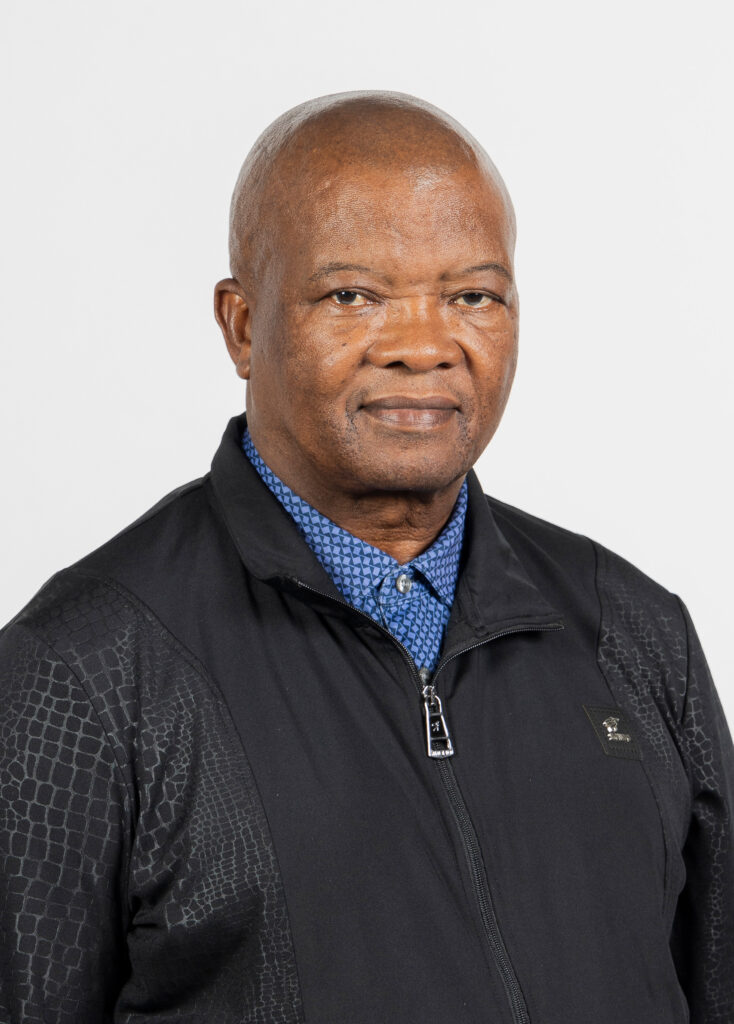
The appointment of Bantu Holomisa, leader of one of the smaller political parties, the United Democratic Movement, as a second deputy minister for Defence has been praised by Kobus Marais, a defence analyst who is a former DA Member of Parliament and Shadow Minister for Defence.
General Holomisa was a commander in Transkei, one of South Africa’s former ‘homelands’ from 1987 to 1994. He joined the ANC in 1994 and co-founded his party, the United Democratic movement three years later. He became the eighth party to join the Government of National Unity.
Marais said Genl Holomisa has proven experience of both the military and legislative environments and the respective challenges. “There will be a lot of pressure and expectations on his shoulders,” Marais said.
“With the right political support from the Ministry of Defence and the Commander-in-Chief, he will hopefully make a significant difference to the live of our soldiers and military veterans,” he said.
Marais said that there was enormous expectations and anticipation within the military and defence sector on new executive political leadership. “Never in history did we need a competent, capable, experienced defence ministry. The SANDF is in fast moving downward spiral which will have devastating consequences if it is not stopped and turned around as the highest priority.”
With the GDP under constant pressure, Marais noted that no new funds can be expected from the National Treasury for defence, leaving soldiers vulnerable with poor support. He pointed out that one of the immediate challenges is to either urgently provide the SAMIDRC-deployed soldiers with the required resources or withdraw them back home. “Currently, we are playing Russian roulette with their lives, which is unforgivable,” Marais stated.
Two more soldiers for the South African National Defence force were killed in the Democratic Republic of the Congo in the past week in a fourth major attack in confrontation with the M23 rebels in the country. One of the casualties were reported to be a captain who died after waiting a long time for an ambulance to arrive following a mortar attack.
South Africa has been criticised for sending its troops to the DRC ill-prepared. The South African National Defence Union (SANDU) warned that unless Pretoria intervenes decisively with financial aid and air support, deadly attacks on South African soldiers will continue.
The announcement of a Government of National Unity brought an end to uncertainty and fears of a breakdown in the GNU. Moderate South Africans are sighing with relief that Ramaphosa struck a deal with pro-market political parties and financial markets reacted positively to the news. The new Cabinet is seen as more business-friendly and supportive of pro-market reforms than a coalition with the EFF and MKP would have been.
Prof. Theo Venter stressed the importance of professionalising South Africa’s civil service to ensure continuity and effectiveness, “especially when ministers are at odds or inactive.”

